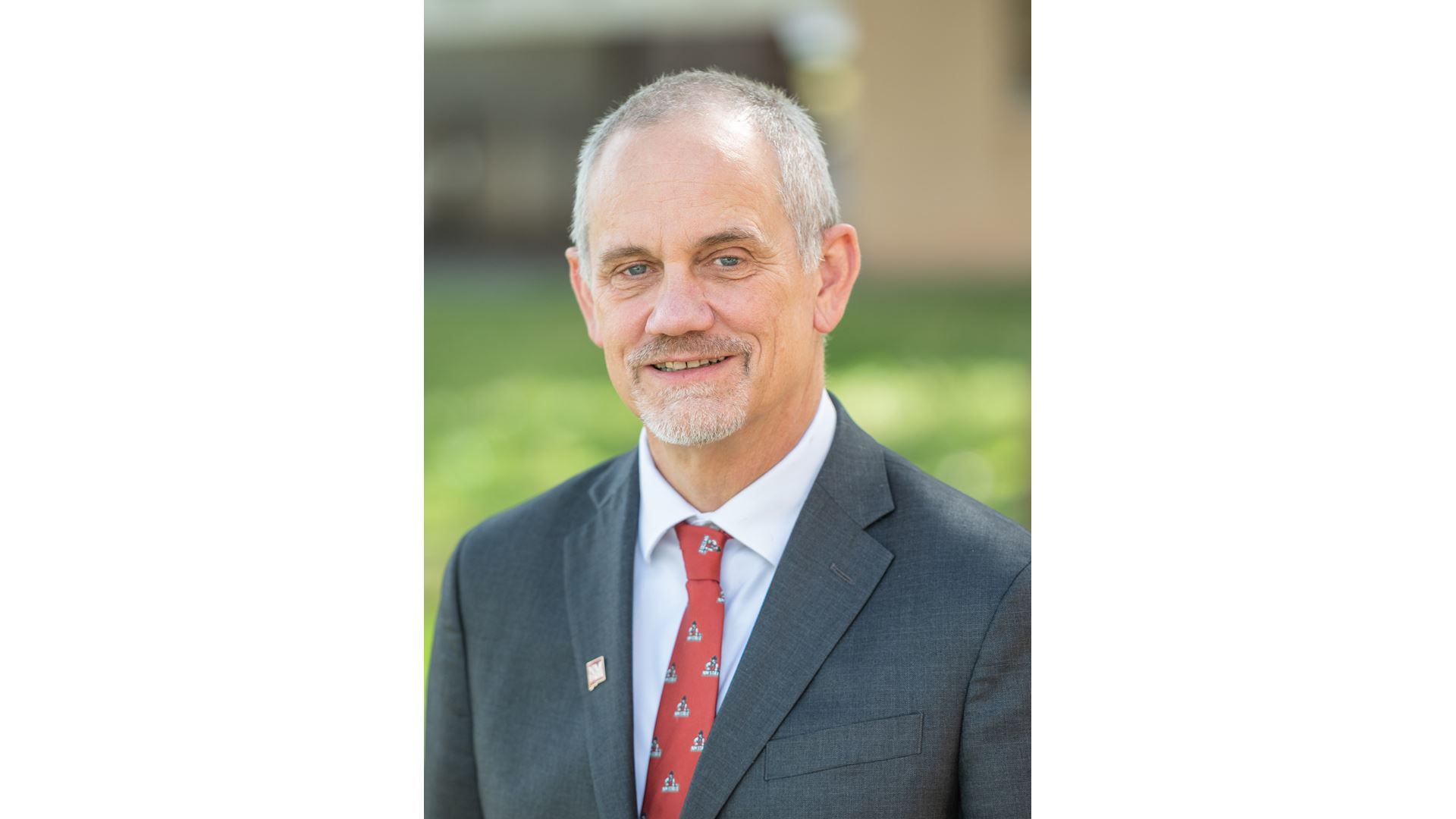By Valerio C. Ferme
President, New Mexico State University
In about two weeks, New Mexico State University will host the national gathering of the Imagining America consortium in Las Cruces. The organization’s mission is to explore the role of arts and humanities in public life to highlight social interactions that “nurture vibrant and joyful communities.”
The three-day gathering on Oct. 3-5 will include panel discussions exploring the state of affairs in higher education, along with creative activities, music and food trucks. This year’s convening centers around the theme “Providing Passage: Practicing the Worlds We Want,” which is particularly relevant for a region like ours that has been both borderland (between two states, between two countries) and frontier (the Wild West, the meeting of cultures and civilizations, etc.).
The topic resonates deeply with me, as president of an institution of higher learning and as a human being. In New Mexico, we are particularly close to the paradoxes that our state’s luscious beauty and challenging aridity, as well as fraught but rich cultural encounters along imaginary and real frontiers, engender in us. And today, even as the state has invested heavily to provide passage for younger and older generations into more affordable and novel educational opportunities, our educational and emotional landscape has been disrupted by seismic changes.
So, what does it mean to provide passage at a time when the worlds we inhabit are constantly disrupted? Passage to where and for whom? What practices can NMSU instill, on its main campus, online, and community college incarnations, that matter in the future worlds we envision? And how do we inspire the joyful communities that the organization envisions in a world that – let’s face it – has been in constant and growing conflict?
I don’t ask these questions rhetorically. As someone who shares guardianship in raising four elementary-school aged grandchildren, I wake up every morning wondering if we (a collective community of mentors) have the wherewithal to be good role models; if we are giving them an opportunity to experience the world(s) as open vistas; if we are “training” them in “right” values.
(Here, allow me a digression. The right values are not those tied to specific ideologies or religious beliefs, even if those can provide apt moral compasses. The values I speak of, for me, are tied to being able to listen, to respect others, to work hard, to hold oneself accountable and to pick oneself up when one falls or fails and things are not going one’s way, to help when help needs to be given regardless of who needs help, and to join forces with others when single efforts are not enough to surmount obstacles. It is about thinking critically and expansively; and, generally, to avoid one’s narrow self-interest. It is about civic well-being of communities, and about a non-ideological respect of others because we hope to be respected in return. It is also about understanding that beauty and harmony often lead to greater understanding of our fellow human beings.)
So, “Providing Passage” is no longer simply a distant metaphor that affects others attending a conference in the city of Las Cruces. It is a clarion call we should embrace to become ferrymen that carry future aspirations across the civic, geographical, and generational, but also ideological divides of this tremendous age. It is believing in the values of certain disciplines, like the arts and humanities, and more broadly all fields of knowledge, to inspire reflection and awe, as well as aesthetic and professional wonder, at the spectacle that is our Land of Enchantment and at the miracle of our species as sentient and complex beings. It is practicing the vigorous and difficult actions that row us across the metaphorical rivers of intellectual, spiritual and emotional divides. Finally, it is a moral imperative to accept the unknowability of our experience in this universe (even and especially if we hold spiritual beliefs) and practice the empathy and compassion that comes from realizing that ours is a journey wherein fellowship preserves a better world than partisanship.
I look forward to the conference and the questions it might raise in ourselves and for the many who will come to Las Cruces from campuses and organizations across the U.S. More importantly, I hope it fosters dialogue and gratitude toward each other. Almost inevitably there will be differences of thought in what providing passage and practicing the worlds we aspire to might look like. My wish, however, is that we remember that we are on parallel journeys in this public life we share with others. Arts, performances, public convenings are opportunity to grow in mutual understanding. They contribute to a daily practice of wonder we must embrace if we want, as educators and citizens, to be role models for a better future.
Valerio C. Ferme is president of the New Mexico State University system. He may be reached at president@nmsu.edu. For more information about the Imagining America gathering, visit iagathering.org/registration.

